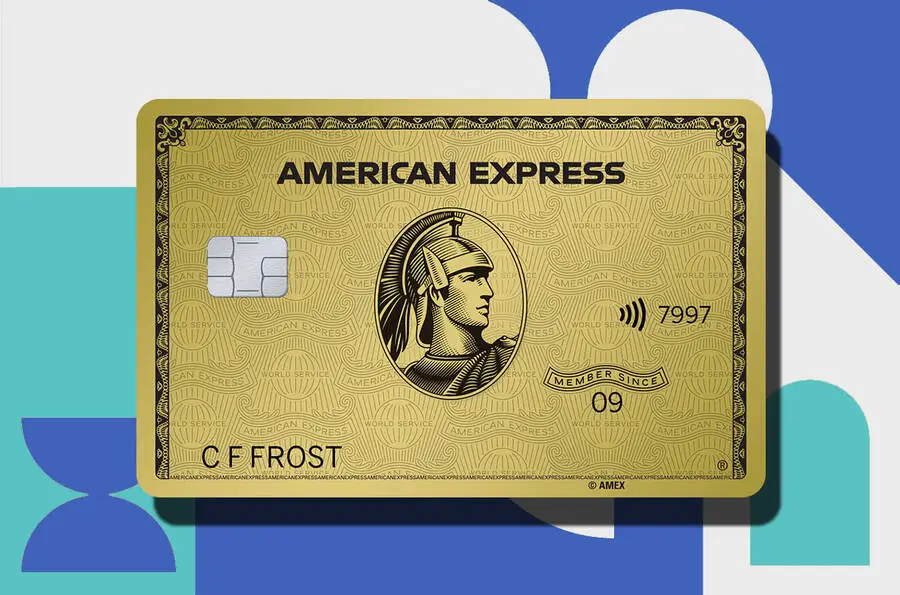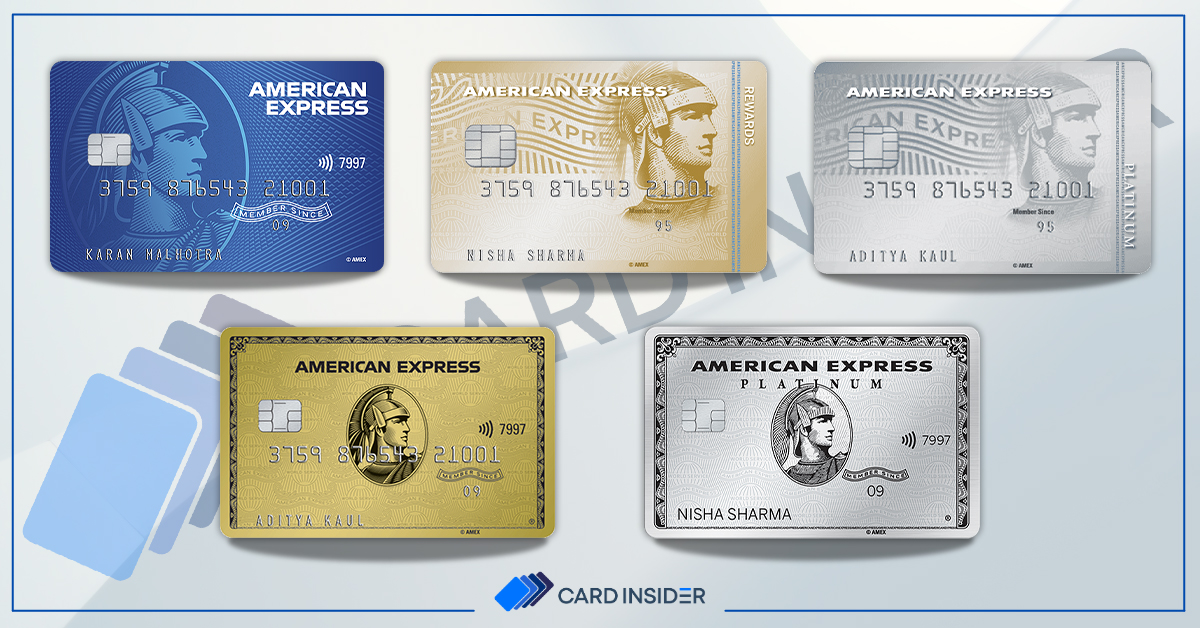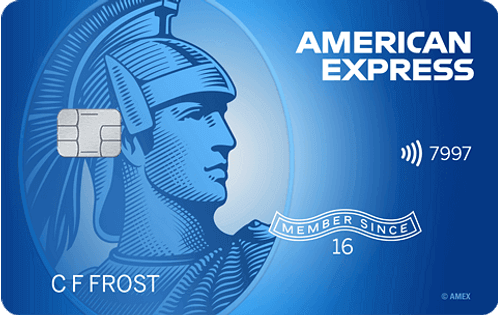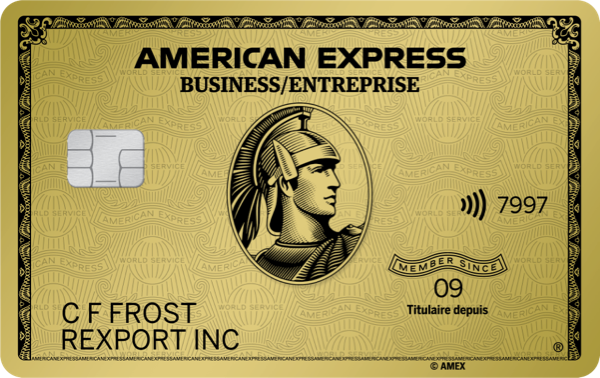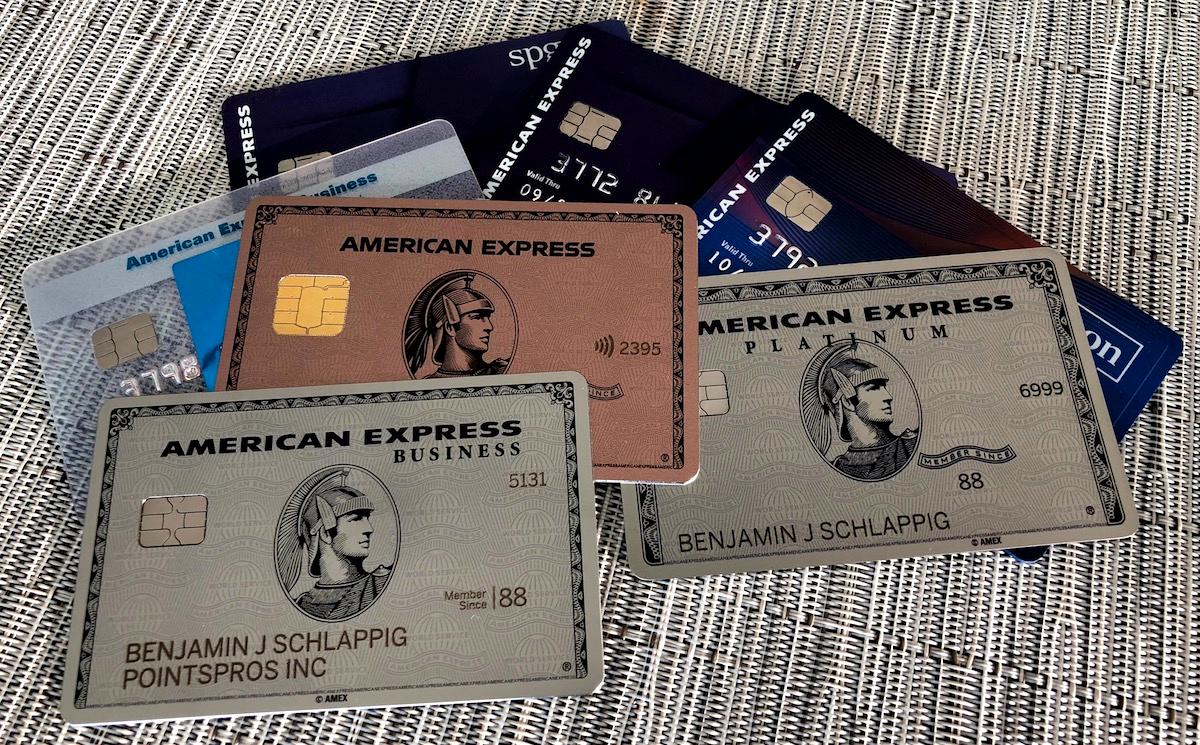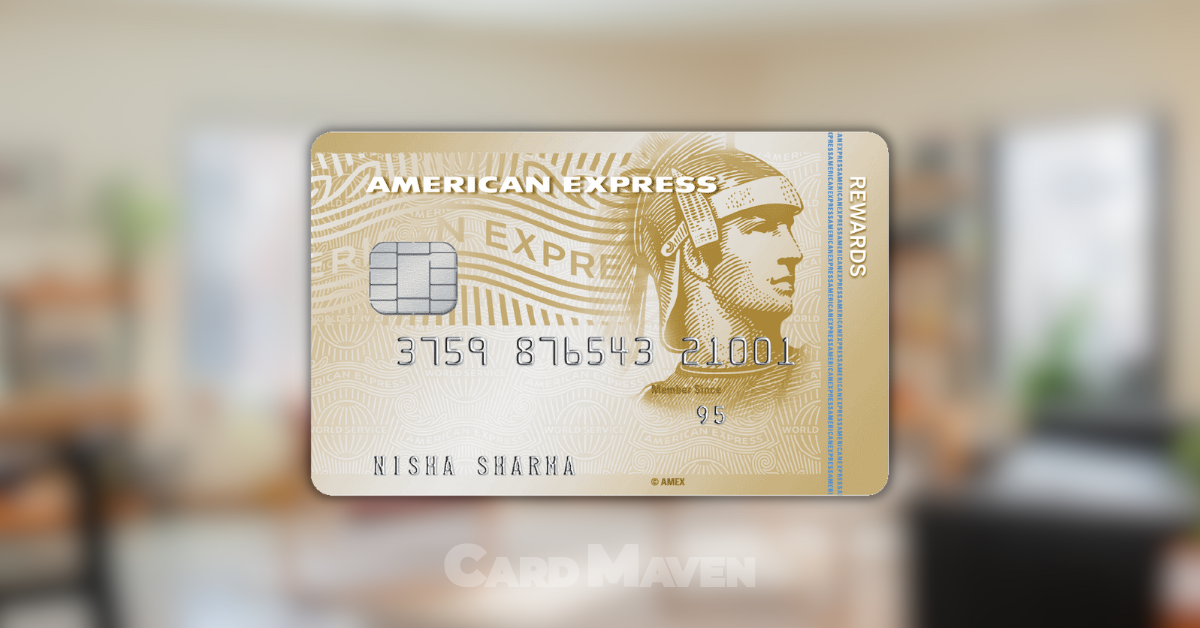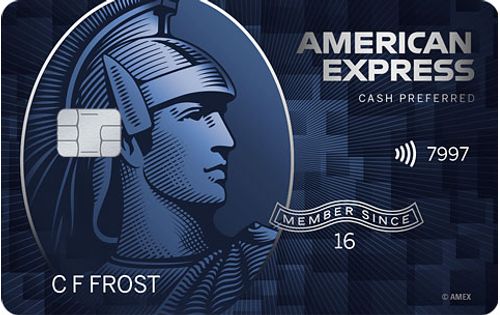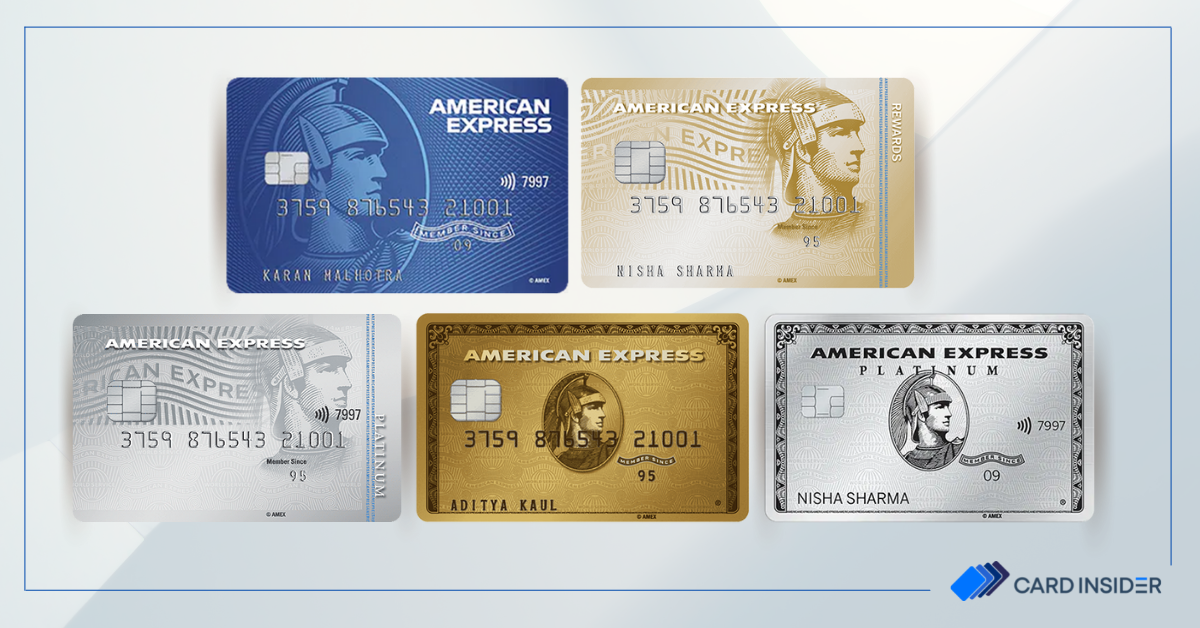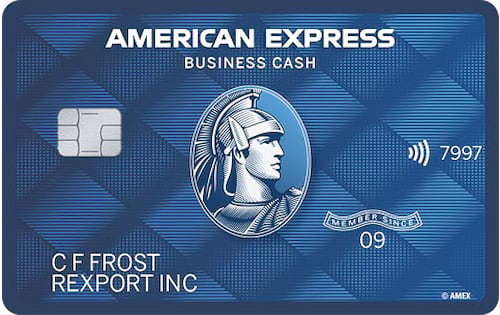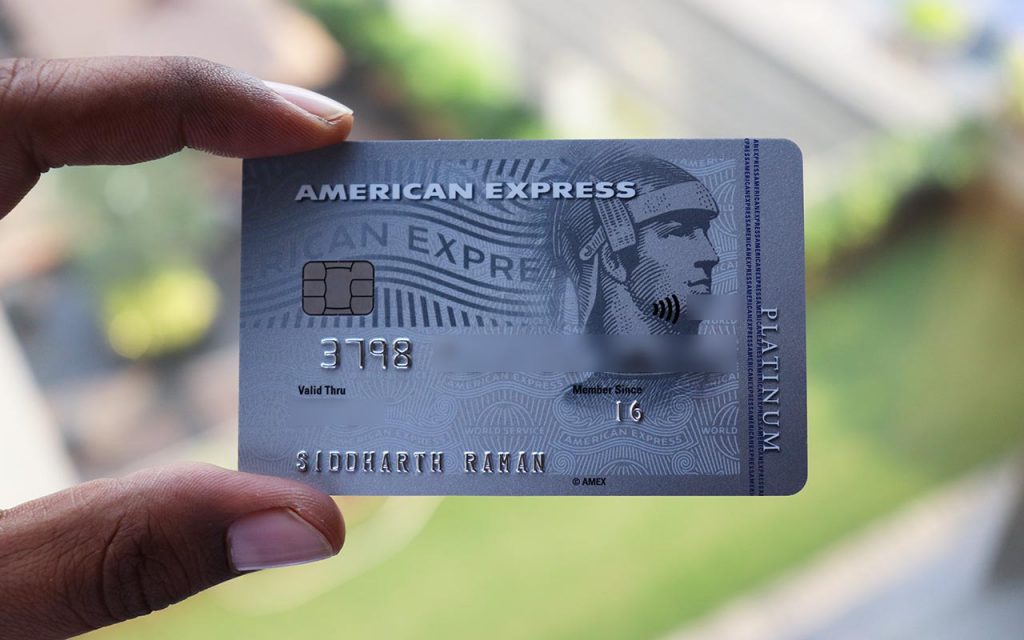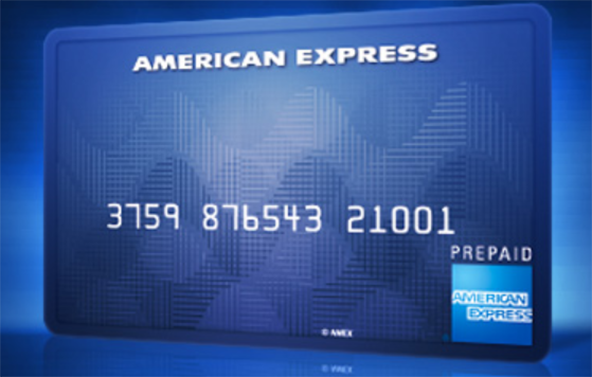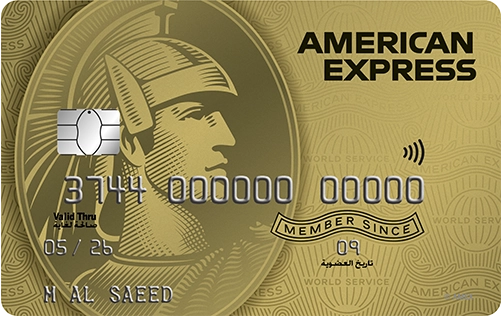Is Having An American Express Card Good For Your Credit
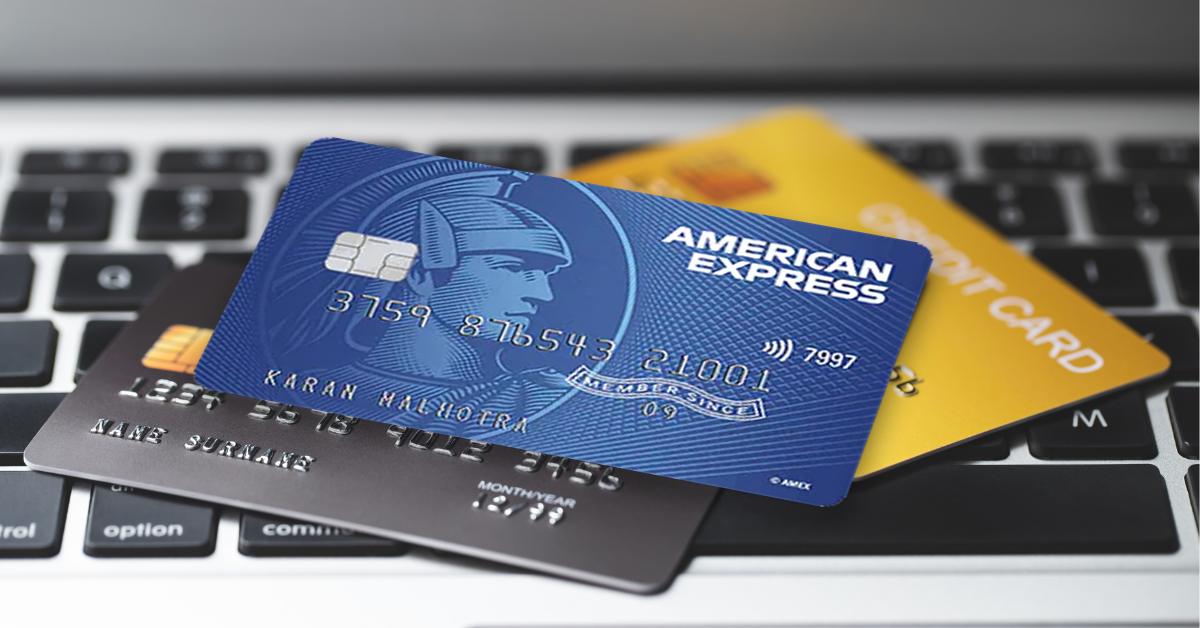
Imagine sipping a latte at your favorite cafe, effortlessly swiping your sleek, green American Express card. A sense of satisfaction washes over you, not just from the caffeine kick, but from the quiet confidence that comes with managing your finances responsibly. But beneath the surface of that seamless transaction lies a question many ponder: Is this card actually helping my credit score?
The answer, in short, is yes – with a significant caveat. An American Express card, like any credit card, can be a powerful tool for building credit, but its impact hinges entirely on how responsibly you manage it. Think of it as a double-edged sword; wielded skillfully, it can carve a path to financial success, but misuse it, and you could end up with deep financial cuts.
The Credit-Building Potential of American Express
The positive impact of an American Express card on your credit score stems from several key factors. Firstly, responsible credit card usage demonstrates to lenders that you are a trustworthy borrower.
Payment history, the single most important factor in your credit score, is directly influenced by your credit card habits, according to Experian. Consistent, on-time payments signal reliability and can significantly boost your creditworthiness.
Secondly, the age of your credit accounts also plays a role. Keeping an account open and in good standing for an extended period contributes positively to your credit history, regardless of frequent use.
Finally, the range of credit products you hold can contribute to a stronger credit profile. A mix of credit cards and loans demonstrates to lenders that you can handle different types of credit obligations, as affirmed by Equifax.
The Flip Side: Potential Pitfalls
While American Express cards offer substantial credit-building potential, they also come with risks. The most significant is the temptation to overspend.
Maxing out your credit card or carrying a high balance relative to your credit limit can dramatically lower your credit score. This is because credit utilization – the amount of credit you're using compared to your available credit – is a crucial factor in determining your creditworthiness.
Late payments are another major pitfall. Even a single missed payment can negatively impact your credit score and remain on your credit report for up to seven years, according to a statement from TransUnion.
Beyond the Basics: Navigating American Express Cards Wisely
To maximize the credit-building benefits of your American Express card, it's essential to adopt responsible financial habits. Always pay your bills on time, ideally setting up automatic payments to avoid accidental slip-ups.
Keep your credit utilization low, ideally below 30% of your available credit limit. This demonstrates to lenders that you're not overly reliant on credit.
Regularly monitor your credit report for any errors or fraudulent activity. This proactive approach can help you identify and address any issues that could negatively impact your credit score.
Consider using the card for small, manageable purchases that you can easily repay. This allows you to build a positive payment history without risking overspending.
Understand the terms and conditions of your American Express card, including interest rates, fees, and rewards programs. Knowledge is power when it comes to managing your finances effectively.
Ultimately, the effect of an American Express card on your credit score is entirely in your hands. It's a tool that can be used to build a strong financial foundation, but only with careful planning and disciplined spending habits.
So, the next time you reach for your American Express card, remember that you're not just making a purchase; you're also shaping your financial future. Choose wisely, spend responsibly, and watch your credit score flourish.
